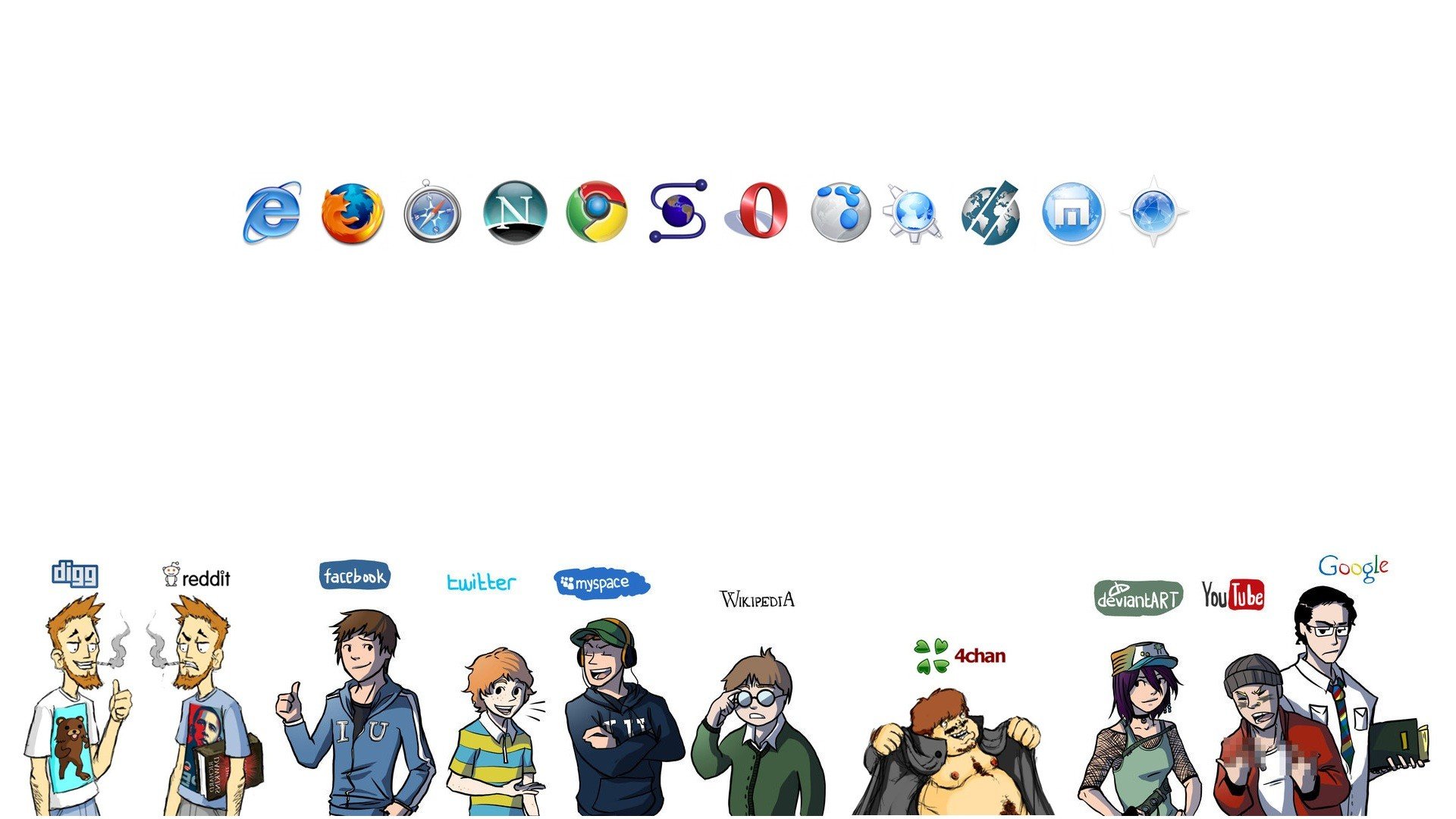In early 1998, Eich co-founded the free and open source software project Mozilla with Jamie Zawinski and others, creating the mozilla.org website, which was meant to manage open-source contributions to the Netscape source code. He served as Mozilla's chief architect. AOL bought Netscape in 1999. 「Mozilla」はしばしば、ネットスケープが次世代のインターネットスイートを開発するために設立・作成されたフリーソフトウェアおよびオープンソースプロジェクトの名称に冠される。 Mozilla Organizationは新しいスイートを作成することを目的として、1998年に設立された。. The MozillaBuild package contains other software prerequisites necessary for building Mozilla, including the MSYS build environment, Mercurial, CVS, Python, YASM, NSIS, and UPX, as well as optional but useful tools such as wget and emacs. Note that the 'UNIX-like' environment provided by MozillaBuild is only really useful for building.
Download Firefox extensions and themes. They’re like apps for your browser. They can block annoying ads, protect passwords, change browser appearance, and more.
The Mozilla Manifesto lays out the guiding principles of the Mozilla Foundation, the non-profit that leads the open-sourceMozilla project best-known for its Firefoxweb browser.[1][2] Penned in 2007 by Mitchell Baker, with adjustments in 2018, it promotes free software, universal access to the internet, and interoperable technologies, and emphasizes values of privacy, openness, and a belief in the ability of the internet to enrich the lives of people.[3][4]
History[edit]
The manifesto, adapted from principles Mozilla had held since it was founded in 1998, was written by Mitchell Baker and originally published in 2007.[5] As a result of the subsequent evolution of the internet, which led Baker to believe that 'the power of the internet [has been] used to magnify divisiveness, incite violence, promote hatred, and intentionally manipulate fact and reality',[5] the manifesto was updated on the 20th anniversary of the founding of Mozilla in 2018 to add values of human dignity, tolerance, and civil discourse.[6][7]
Content[edit]
The manifesto outlines the guiding principles of the Mozilla Foundation and includes a pledge for how it will further those principles.[1] It also asserts Mozilla's commitment to the internet, saying: 'The open, global internet is the most powerful communication and collaboration resource we have ever seen. It embodies some of our deepest hopes for human progress.'
Principles[edit]
The manifesto lays out 10 key principles:[1]
- The internet is an integral part of modern life—a key component in education, communication, collaboration, business, entertainment and society as a whole.
- The internet is a global public resource that must remain open and accessible.
- The internet must enrich the lives of individual human beings.
- Individuals’ security and privacy on the internet are fundamental and must not be treated as optional.
- Individuals must have the ability to shape the internet and their own experiences on it.
- The effectiveness of the internet as a public resource depends upon interoperability (protocols, data formats, content), innovation and decentralized participation worldwide.
- Free and open source software promotes the development of the internet as a public resource.
- Transparent community-based processes promote participation, accountability and trust.
- Commercial involvement in the development of the internet brings many benefits; a balance between commercial profit and public benefit is critical.
- Magnifying the public benefit aspects of the internet is an important goal, worthy of time, attention and commitment.
Pledge[edit]
The manifesto also includes a pledge outlining Mozilla's commitments.[1] These are to:
- Build and enable open-source technologies and communities that support the Manifesto’s principles;
- Build and deliver great consumer products that support the Manifesto’s principles;
- Use the Mozilla assets (intellectual property such as copyrights and trademarks, infrastructure, funds, and reputation) to keep the Internet an open platform;
- Promote models for creating economic value for the public benefit; and
- Promote the Mozilla Manifesto principles in public discourse and within the Internet industry.
See also[edit]
Firefox Download For Windows 10 64 Bit
References[edit]
- ^ abcd'Mozilla Manifesto'. Mozilla. Archived from the original on 24 June 2020. Retrieved 11 July 2020.
- ^Anderson, Nate (28 May 2007). 'The Mozilla Manifesto: with great power comes great responsibility'. Ars Technica. Archived from the original on 12 July 2020. Retrieved 11 July 2020.
- ^Markoff, John (8 June 2008). 'Mozilla Names New Chief, but Reaffirms Open-Source Commitment'. The New York Times. Archived from the original on 5 January 2018. Retrieved 11 July 2020.
- ^Captain, Sean (8 November 2019). 'Firefox at 15: its rise, fall, and privacy-first renaissance'. Fast Company. Archived from the original on 7 May 2020. Retrieved 11 July 2020.
- ^ abPierce, David (9 February 2020). 'Mozilla lost the browser wars. It still thinks it can save the internet'. protocol. Archived from the original on 15 June 2020. Retrieved 11 July 2020.
- ^Bake, Mitchell (29 March 2018). 'Mozilla marks 20th anniversary with commitment to better human experiences online'. Mozilla. Archived from the original on 9 June 2020. Retrieved 11 July 2020.
- ^Ellis, Cat (4 April 2018). 'Mozilla: 'To have a healthy society, you need a healthy infrastructure''. Tech Radar. Archived from the original on 4 April 2018. Retrieved 11 July 2020.
External links[edit]

My default search from the address bar has been hijacked by Wikipedia somehow. Yes, I know. Of all things, this hijacking directs my searches to Wikipedia. Macbook pro 13 inch. Only sometimes, though, not all searches are sent there, and I don't know why. I would expect ask.com maybe, but wikipedia. No lies.
I've tried starting in safemode, and I've run malwarebytes several times. I've gotten rid of all of my addons, and nothings changed. Uninstall and reinstall firefox, delete the appdata files, nothing works. I'm even trying a portable version of firefox, and after a short while, I got hijacked again. I'm at a loss. Computer software download for windows 7.
Unix Wikipedia Shqip
Is there any known malware that would redirect searches to wikipedia? What steps should I follow to fix this? Does anybody have any idea what could cause this?
